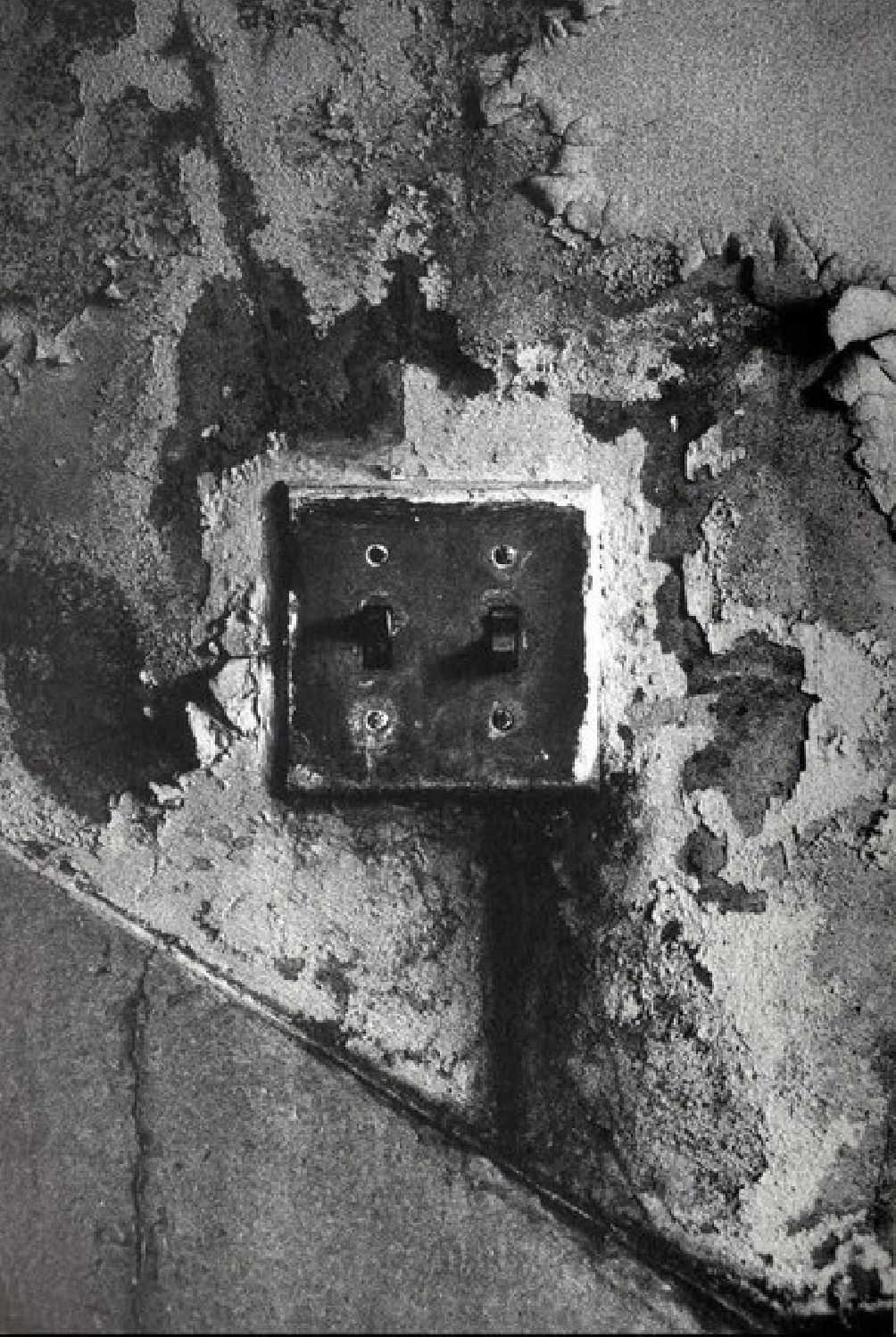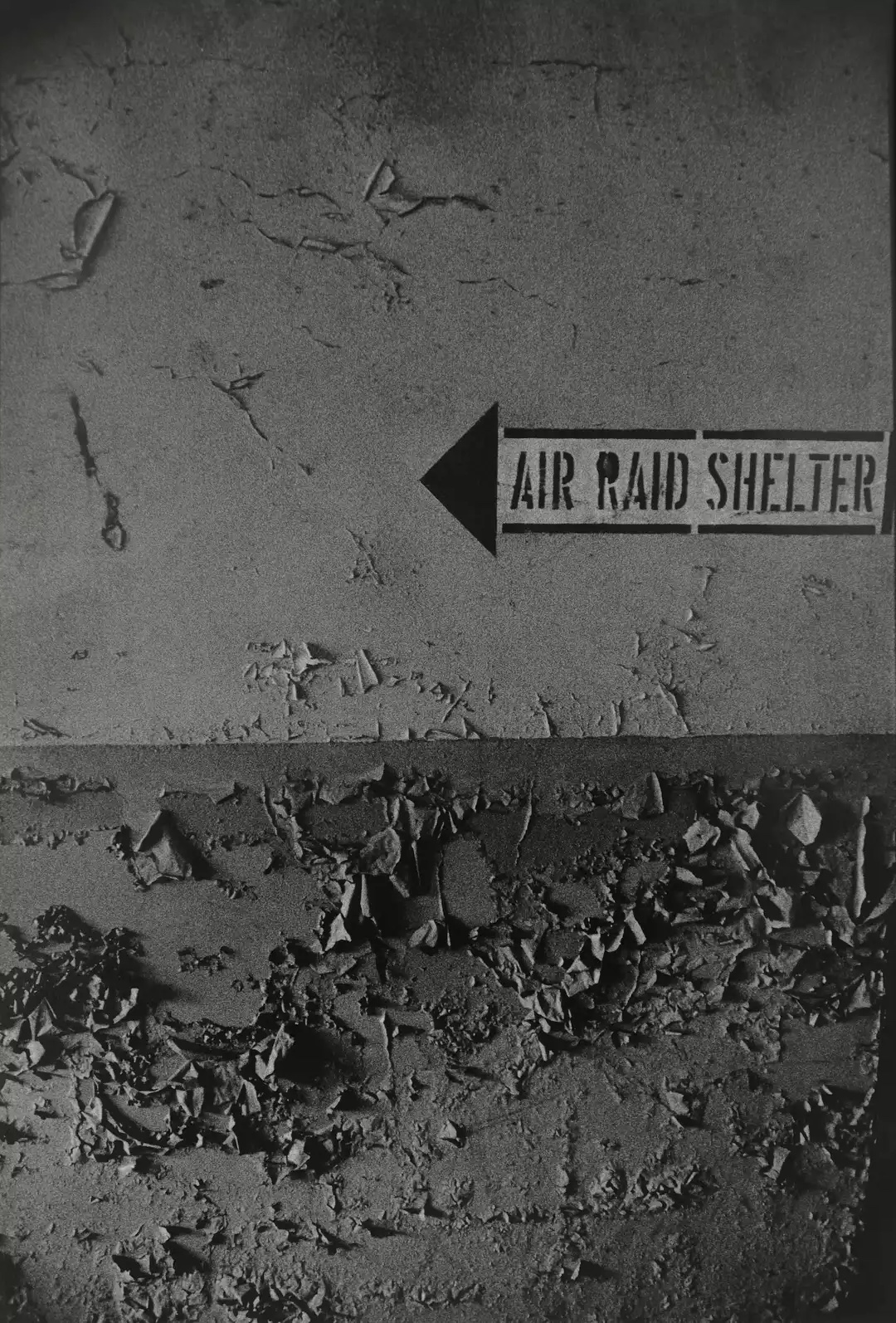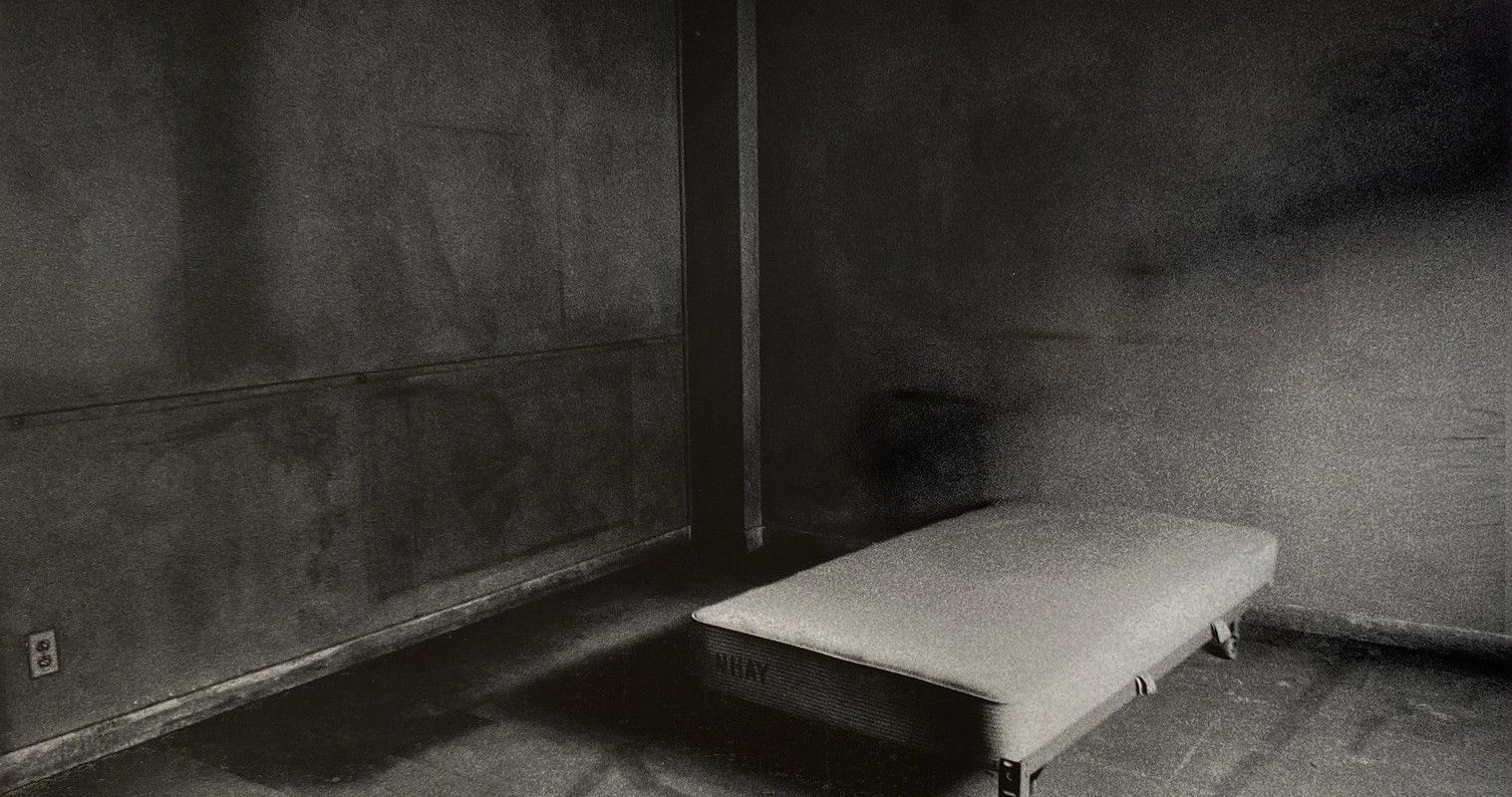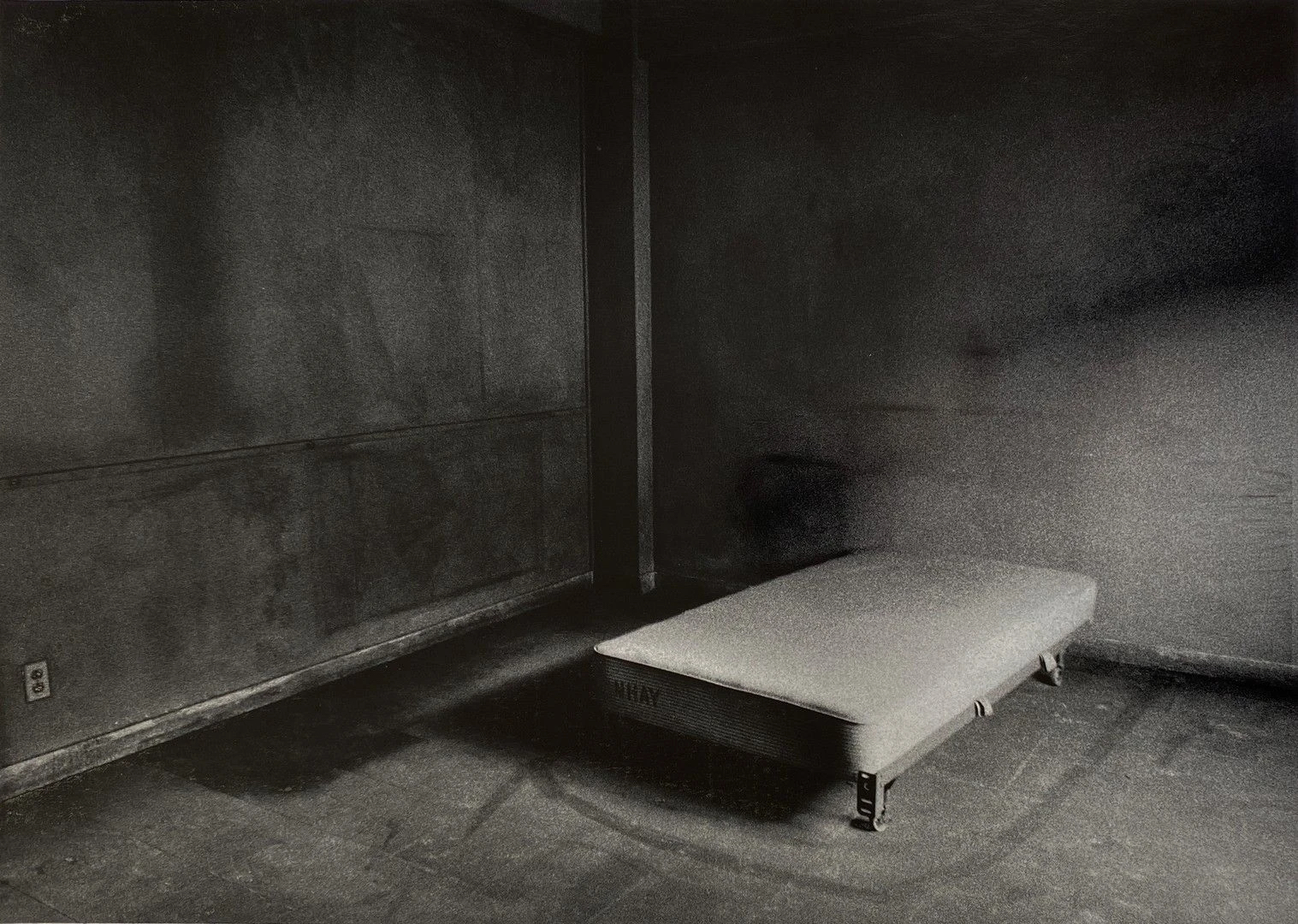Full Article on Patreon
So, the dig at post-industrial decay has put a giant bee in my bonnet. But what should I expect about the unspoken class issues that revolve and permeate through and in photography these days? I mean, if you have a New York-London-based photographer stat in your bio and are in your 20s, it does lead one to question how much you may understand not only about class issues but also the general scope of history, its failed ideologies, its occupations, and the reason that people, particularly people unborn of money may see spaces that haunt and consume the imagination through disrepair of dereliction as inspirational or relational to their position or aesthetic interests. That does not suggest that one has to be middle class or poor to understand these spaces, but rather that the jab about the term post-industrial exhibited a down-nose direction that could be easily construed as labor or class bias. Herein lies the context for my very appreciation of a photobook I purchased recently from 2007, which I think goes a pretty long way to tie in some of the reasons that people like myself and Ishiuchi Miyako find these spaces between epochs, eras, and utility important. However, we have approached their regard differently, not in competing or unsympathetic ways…

I exceed in places like this, not only for their liminal qualities but also because of the melancholy that I feel in viewing decay, time passing, the ineffable understanding of my body wondering through, struggling through its place in the world, a body (dissociated) bereft of soft landings, easy Ivy-league living, and the unspoken positioning of these class aesthetics against the rough grain of imperial capitalism and its aesthetic reaches. The melancholy is part and parcel of being born when I was, though I suspect that there might have been people with similar feelings following something like the Franco-Prussian War in 1871, seeing the ruins of Belfort, or running over the ruins of the Vendôme Column, a strange art historical allegory between Courbet (one of the instigators of the column’s castration) and his painting Origin du Monde, such beautiful poetry between the two hardly ever written with such force since. The truth is that I am drawn to things and place in their passing…


